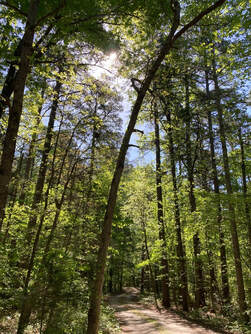 Southern Conservation Partners is honored to partner with Earthseed Land Collective in Durham, North Carolina and to have served as their 501(c )(3) fiscal sponsor since 2019. Zulayka Santiago in 2023 authored and published a wonderful collection of her essays, meditations, poems, photos, and perspectives on life and nature that focuses on her experiences and observations gained while in residence on Earthseed’s 48-acres of woodlands, meadows, and gardens in north Durham. Zulayka is one of seven founding members of the collective and co-steward of its property purchased in 2016. Triangle Land Conservancy holds a permanent conservation easement over nearly 30-acres of the land, primarily consisting of the forested portion and its streams. In our view, Zulayka’s writing is masterful, inspirational, and lovely. We highly recommend her book, Outside I Breathe Freely, for your reading and reflection.* Following are excerpts that may give you a taste of her sumptuous compositions. <click "Read More," below right >
0 Comments
 On September 6-8, 2022, Southern Conservation Partners teamed with the North Carolina Natural Heritage Program, North Carolina Botanical Garden, The Nature Conservancy, and others to co-sponsor a three-day forum on the Future of Conservation that brought together over 140 participants and key experts on biodiversity, changing climate resilience planning, environmental justice and inclusion from all over North Carolina for dialogue and to develop strategies to better understand and protect imperiled species and ecosystems. (View the PROGRAM here.) Below download slides from the introductory plenary presentation, titled Diversity, Resilience, Learning, Place, and Conservation, by Dr. Alan Weakley, University of North Carolina Herbarium Director.
Walt Kelly's satirical cartoon from the 1970s has a certain appeal at this time. We share below the image of a 1980 reprint of Kelly's 1970 poster, “We Have Met the Enemy…” From the Toni Mendez Collection, at The Ohio State University, Billy Ireland Cartoon Library & Museum.
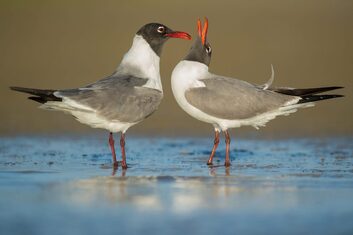 Photo by Jared Lloyd Photo by Jared Lloyd We really enjoyed the following essay, originally published in the NC Coastal Federation's Coastal Review Online. Many thanks to Coastal Review and to author Jared Lloyd, wildlife photographer and nature writer, for allowing us to reprint it here. I’m on the winter beach, wide, flat and cold. Cobalt-blue skies reign overhead. A biting wind rushes in from the northwest. It’s all so different up here on the northern Outer Banks, compared to the southern islands. The Labrador current and cold-slope waters create a dramatically different climate here, compared to those sandbars governed by the Gulf Stream. Seals will be showing up again soon enough. Mostly young harbor seals, but a few fat greys and even some harps, if we are lucky. The New England blues have already made it to town, and I can only assume stripers are in their mix. I’ve watched a parade of humpback whales migrating south past this beach for a month now already, their dark, shadowy masses drawing in birds for miles around, occasionally rolling over to lift a great wing of a fin out of the sea like a friendly neighbor waving hello, or goodbye, or maybe just flipping me the bird. <<continued...>> Findings of the new “The Nature of Americans” study are disturbing and challenging, if we believe that a thriving and appreciated natural environment is crucial to the quality of life, health, well-being, prosperity, and productivity of Americans. Employing focus group, online, and in-person surveys conducted in 2015 and 16, the study found that “profound changes are occurring in the American public’s connections to nature, the outdoors, and wildlife. Participation in traditional nature-based recreation is stagnant or declining, Americans are spending more time indoors, and they are using electronic media more than ever before.”
Our work and mission to protect and restore environmental assets, natural resources, and recreational opportunities in nature depend upon community support and a caring public. If the American public stops caring, our environmental stewardship goals will not be attainable. But the report also offers hope and action recommendations for reconnecting people to nature–-especially youth and future generations. The study confirms that despite many societal forces contributing to disconnection between people and nature, Americans of all backgrounds continue to recognize the value and importance of nature to their lives and desire to have nature-based experiences. READ MORE about the major findings and recommendations for action presented by “The Nature of Americans” study. 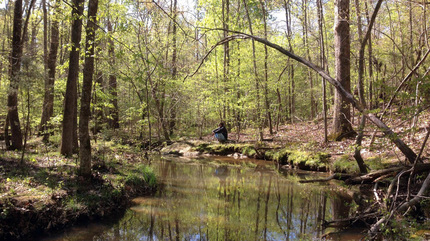 Photo by Laura Cotterman Photo by Laura Cotterman Years ago, during my interview for an adjunct professorship at the Ringling School of Art and Design in Sarasota, Florida, I argued successfully the need for the college to hire me as an ecologist to work with the institution’s distinguished arts educators and students. They needed me, I asserted, to help provide a critical thinking approach to the natural world too often portrayed naively in the visual and performing arts. I am happy to report that, for years afterward, I taught a popular course at the school focused on biodiversity as our global treasure. |
When we see land as a community to which we belong, we may begin to use it with love and respect.... Conservation, viewed in its entirety, is the slow and laborious unfolding of a new relationship between people and land." There is in fact no distinction between the fate of the land and the fate of the people. When one is abused, the other suffers. From the PresidentSCP President Chuck Roe looked at land conservation along the route of John Muir's "Southern Trek." About ViewpointThis blog offers views of our Board and partners. We invite your viewpoint on the following questions: Archives
April 2024
Categories
All
|
||||||||

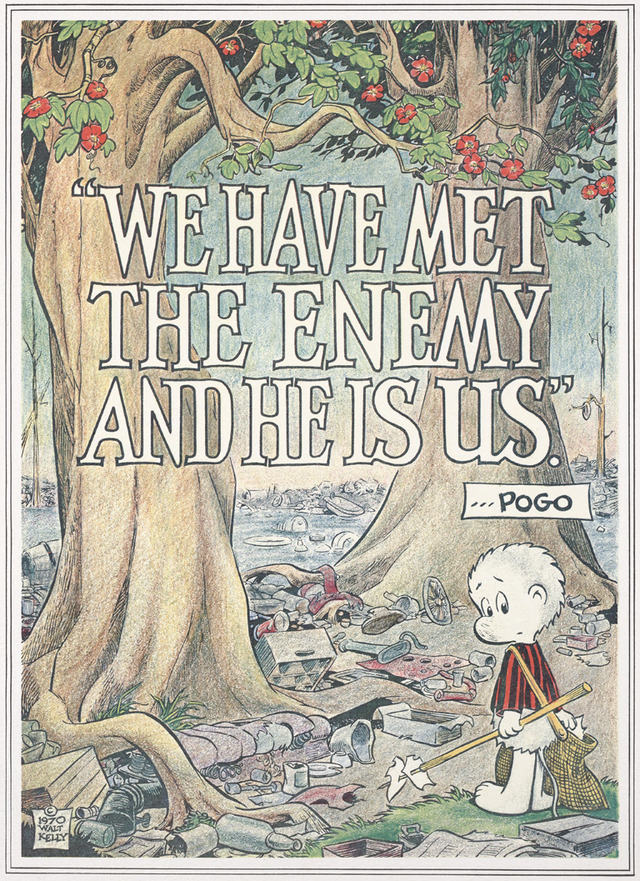
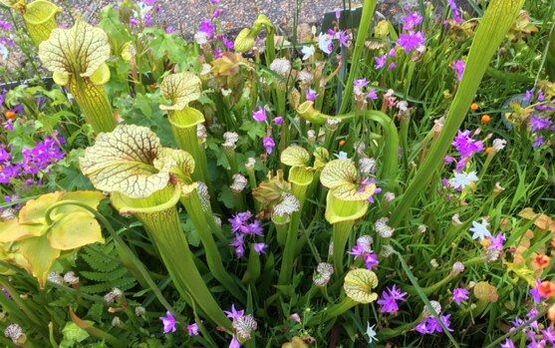
 RSS Feed
RSS Feed